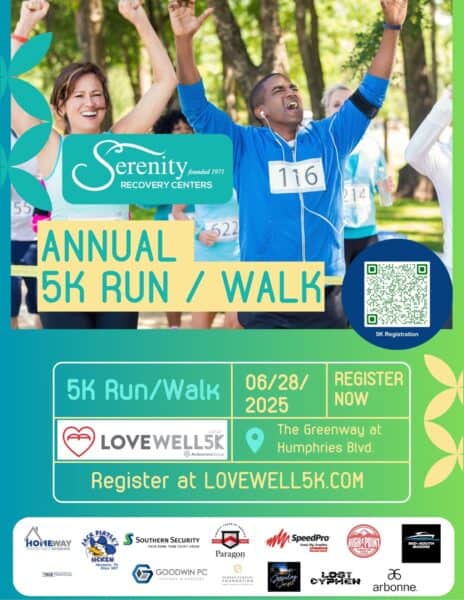One of the most difficult aspects of recovery from an addiction can be the feeling of just lying around all day, every day, even if you are busy with other tasks like going to counseling, taking medication, and attending support group meetings.
This can lead to feelings of frustration and dissatisfaction, which might lead you to return to your addictive substance or behavior just to have something to do again! Fortunately, there are plenty of ways that physical activity can help with recovery—and even make it more enjoyable.
Here are five ways that physical activity can help with recovery from addiction.
- Stress Reduction
Stress is a huge trigger for people in addiction recovery. It can lead to relapse and cause all sorts of other problems. But exercise releases endorphins, which have mood-boosting effects. This can help reduce stress and make it easier to cope with triggers and cravings.
Physical activity has been shown to lower levels of cortisol (a hormone that increases when we are stressed) by reducing the levels of cortisol released by the body during times of high stress. - Improved Self-Esteem
If you’re going through recovery without professional support, your self-esteem may be at an all-time low. Any physical activity will boost your self-esteem over time, leading to greater life confidence and reduced anxiety. - Exercise Helps to Prevent Depression
Research has shown that exercise can help prevent depression. In fact, one study found that people who exercised three times a week were less likely to become depressed than those who didn’t exercise at all.
And the more intense the workout, the greater the benefit. Exercise releases endorphins and serotonin, which improve the mood and feelings of well-being. - Improved Circulation
When you’re addicted to drugs, your body becomes used to having drugs in its system. This can cause your circulation to become sluggish and your blood flow to decrease. Physical activity helps improve your circulation by getting your blood flowing and keeping your heart healthy. - Better Sleep Quality
Getting enough sleep is one of the most important things you can do for your recovery. Exercise can help improve the quality of your sleep by making it easier to fall asleep and stay asleep. Plus, exercise can help reduce stress and anxiety, two common causes of insomnia.
Fun Physical Activities to Assist You in Your Recovery
On your recovery journey, it’s best to look at every day as a chance to do something different, healthy, and exciting.
If you don’t know what type of physical activity is right for you, plenty of people can help you figure out what is right for you. The key is not to overdo it—listen to your body. And always make sure you have fun.
Some fun activities include:
- Take a walk outside with your favorite playlist on
- Doing yoga
- Finding a local cycling club to join (and getting active)
- Going for bike rides
- Dancing
- Getting involved in community service projects
- Lifting weights if that is something you’re interested in doing.
Generally, engaging in an activity you enjoy is more likely to be successful in the long run because you’re more likely to stick with it for the duration of your recovery.
Bottom Line
It’s important to remember that addiction is a disease, and like any other disease, it requires professional help and care. If you or someone you know is struggling with addiction, please reach out for help. There are many resources available, and treatment can make a huge difference.
At Serenity Recovery, we believe that physical activity is an integral part of the recovery process, which helps you stay healthy and stay on track with your treatment plan. Contact us today to learn more about how physical activity can help you during recovery.
Need Help
Are you or a loved one struggling with alcohol or other drugs? Call us to speak confidentially with a recovery expert now: (901) 521-1131 or visit our website sere
